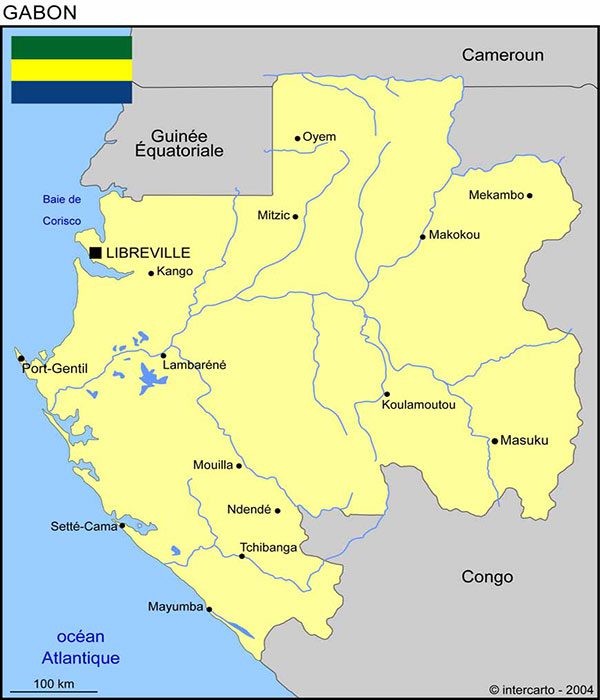The Executive Board of the International Monetary Fund (IMF) has approved a loan of 306 billion CFA francs over a period of three years for Gabon.
The Central African country is heavily impacted by the fall in the price of its raw materials and Covid-19.
This is why President Ali Bongo Ondimba appointed a Minister for the Economy and Recovery in the government of Prime Minister Rose Christiane Ossouka Raponda in December 2020.
The Gabonese head of state received them on Monday in the presence of the IMF Resident Representative, Marcos Poplawski Ribeiro.
According to the Presidency of the Republic, talks during the meeting were an opportunity to review the status of the three-year Extended Credit Facility program for 2021-2023 in favor of the country for an amount of 306 billion CFA francs, approved by the IMF Board of Directors.
“This financing is a support of the financial institution to Gabon for the fight against Covid-19; the fight against climate change; the actions implemented within the framework of the decade of women and human rights as well as the diversification of the Gabonese economy and the Transformation Acceleration Plan (PAT),” the statement explained.
By this loan program, “126 billion CFA francs will be disbursed in this first year. With three objectives: to continue the work of health, economic and social response to Covid-19. The second is to revive the Gabonese economy and reduce the debt. Then reduce poverty,” the IMF representative stressed.
Gabon and the IMF had concluded a first three-year loan agreement in June 2017.
354 billion CFA francs was intended for the recovery of the economy but this was a “failure,” Gabonese economist, Mays Mouissi, told Radio France International (Rfi) adding that the new agreement is not timely.
“In 2017, at the beginning of the first program, Gabon’s debt was around 4,000 billion CFA francs, and at the end of the program it rose to 7,000 billion CFA francs. The accounts of the Gabonese Republic are still unbalanced and the increase in public revenue has never been achieved,” he said.
Before the outbreak of the pandemic, which infected more than 25,000 people, including 164 deaths in the country, the Gabonese economy was doing better, Jeune Afrique notes.
According to IMF forecasts, the recovery of the almost zero growth of 2017 (0.5 percent) and 2018 (0.8 percent) was expected in 2019.
Despite the difficulties, a government source recalls that it reached 2.8 percent in 2020.
ODL/cgd/fss/as/APA


